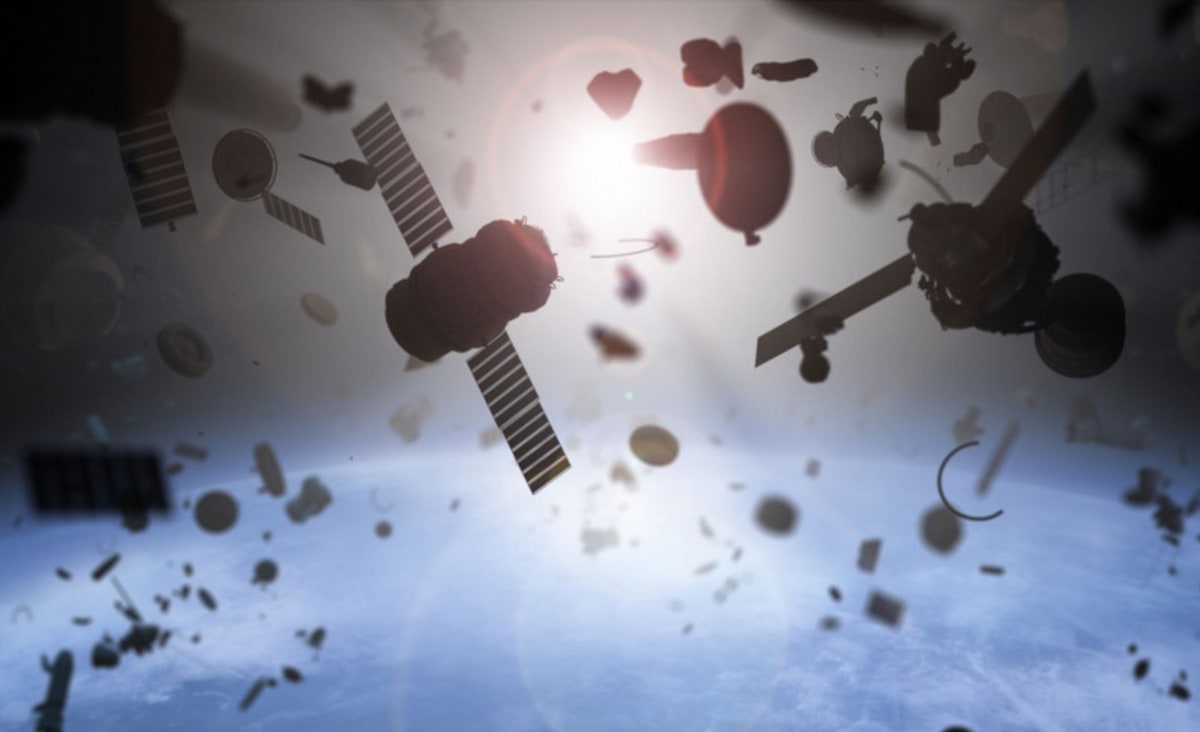
interestingengineering.com
Chinese Satellite Got Hit by Space Junk From Old Russian Rocket
A new report suggests that the Chinese satellite collision earlier in March this year was likely caused by debris from a Russian rocket launched in 1996.
Science & Tech
Earlier in March this year, the 18 Space Control Squadron (18SPCS), a body that detects, tracks, and identifies artificial objects in Earth's orbit reported that the Chinese satellite, Yunhai 1-02 had broken up in space and it was tracking 21 pieces of the debris. Astronomer Jonathan McDowell recently came across the likely cause of the incident, debris from a Russian rocket launched in 1996.
The European Space Agency actually has a Space Debris Office in Darmstadt, Germany that keeps track of the trash objects that are orbiting around our planet. According to their latest numbers, there have been 570 incidents of breakups, explosions, and collisions in space that have resulted in debris formation and there are likely to be 34,000 pieces of space trash that are at least 3.9 inches (10 cm) in size or bigger. While Space Surveillance Agencies catalog and track about 29,110 debris objects in space, this is just a small fraction of the total number of debris pieces in the Earth's orbit. Statistical models suggest that their number would be around 128 million with sizes ranging from 0.03 inches (1 mm) to 3.9 inches (10 cm) and beyond.
Before we begin leisure trips into space, the Earth's orbit is filled with trash that is not only ugly to look at but can even be dangerous. SpaceX CEO, Elon Musk has also pondered if his two-stage megarocket, Starship, could be commissioned to chomp off space debris, during its other missions, in a bid to reduce the outdoor mess we have created.
In April, we reported how China had launched a robot prototype that would collect space debris with a giant net. Just days before this, China's satellite, Yunhai 1-02 suffered damage because of the debris. While the cause of the impact or its result was still not clear, Jonathan McDowell, an astrophysicist at the Harvard-Smithsonian Center for Astrophysics in Cambridge, Massachusetts came across some curious new entries in the Space-Track catalog.
Object 48078, 1996-051Q: "Collided with satellite". In a Twitter thread, McDowell first gave some background about the object.
























































